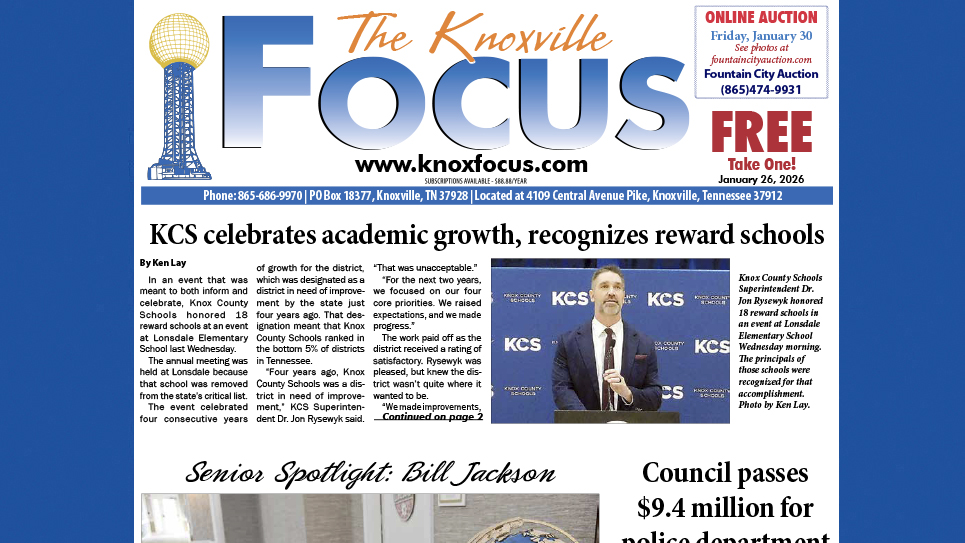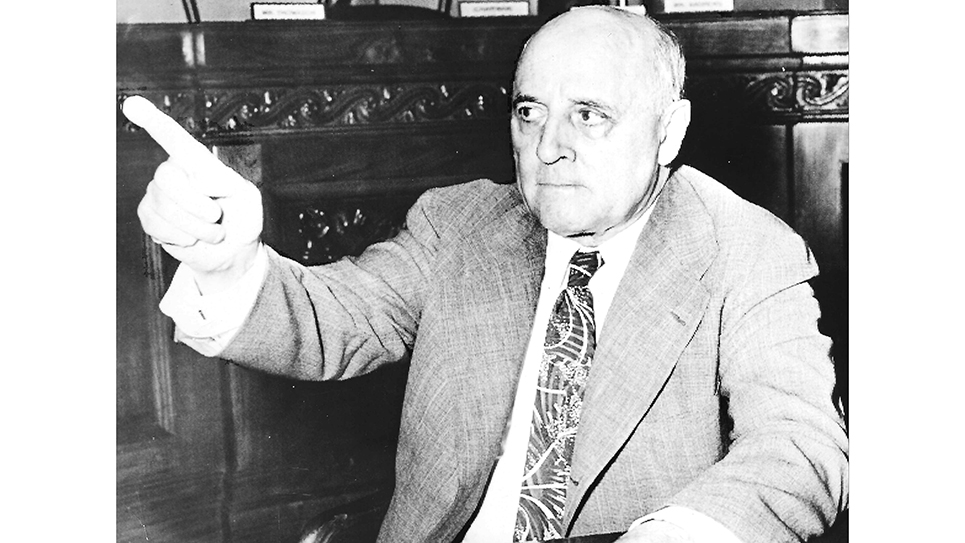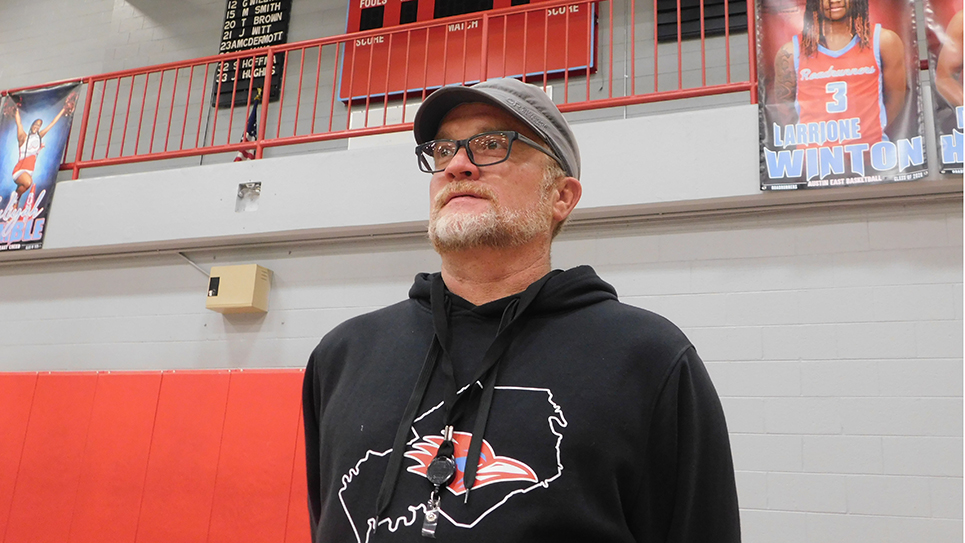Mark Twain popularized the phrase, “There are three kinds of lies: lies, damned lies, and statistics.” Judging from the reaction to a couple of recent articles in the Knoxville daily paper about teacher absenteeism, this is still true.
The first article, “Understanding teacher absences: Overall numbers show decline, but some schools, days see increases,” appeared on January 4. A colorful interactive chart embedded in the online story shows the total number of teacher absences at each school for fall semester for the 2013-2014 school year, and the current school year.
In all fairness, the data provided by KCS were in response to a request for “substitute data” (or total days missed), and the chart does not differentiate with regard to the reason for the absence. So what do those raw numbers really tell us? Not much.
In fact, there are more questions raised than answered in the article. Terry Hill, representing the BOE 6th District’s Hardin Valley Academy, questioned the reporter at the January Work Session meeting, and confirmed that the absentee data includes days for teachers out on maternity leave (several teachers were out on maternity leave at HVA, which reportedly has the highest number of teacher absences in the county).
But that didn’t stop the editor of the daily paper from doubling down in an editorial the following week with the highly inflammatory title “Are Knox teachers playing hooky?” suggesting that the difficulty in finding substitutes was the fault of teachers abusing their sick leave.
Without providing reasons for the absences, it is irresponsible to make accusations about teachers playing “hooky.” How many planned sick days (maternity leave, scheduled surgery) were taken as opposed to unplanned sick days? Was the teacher sick, or did he/she need to care for a sick child? Are increased demands on teachers leading to more stress-related illness and consequently more sick days?
How many absences were due to mandatory training, which is often scheduled on a Monday or Friday? How much has required training increased with the implementation of Common Core and other education mandates? What about the lead teachers and administrators who must be out of the classroom to conduct evaluations of other teachers in their school? Why do some schools have a tougher time filling sub spots than others? How do these statistics compare with other professions?
These are questions that could – and should – have been asked. The Focus reached out to current and former Knox County teachers for their thoughts on teacher absenteeism. While the results are anecdotal and not data-driven, hopefully they will give a more balanced picture of the people behind the statistics.
There is no doubt that the teaching profession is becoming more stressful. With teacher evaluations based on student test scores under education reforms including Race to the Top, many teachers are throwing in the towel and leaving the teaching profession altogether. Rob Taylor, a special education teacher who resigned from KCS last spring to work for a private social services agency, told us that his blood pressure has dropped from 161/100 to 116/66 without medication.
Lauren Hopson said, “I have taken more sick days in the last several years than usual. I am now taking 3 different medications for stress induced illnesses that I was not 5 years ago. I also now have a stress induced voice condition that I did not have a year ago.”
But it doesn’t matter if it’s stress related, or the flu. If you’re sick, you’re sick. And some of that sickness just comes with the nature of the profession. Even BOE member Karen Carson, a pediatric nurse, agrees, saying that “(Teachers) are basically living, particularly at the elementary level, in germ factories.”
Jennifer Owen, who resigned last year, said, “When I moved from a middle school to an elementary school, I started having illnesses that I hadn’t had in years. Strep, ear infections, respiratory infections, flu… I was constantly sick. A doctor even told me that if I wanted to be well, I needed to “get out of Knox County Schools.” Since my last day, in May, I have not had any of the illness I suffered while teaching in a KCS elementary school.”
Another teacher, from Bearden, suggested, “There may be higher absence rates on Mondays and Fridays because some of us (myself included) fight hard to make it through the week even when miserably sick, and then we collapse by the time the weekend comes.”
Hopson adds, “Don’t forget that we are talking about a predominately female workforce that tends to also be the primary caretakers of their own children. I and countless others have often come to work sick because it was much easier to be there than deal with sub plans, or because you had things scheduled that a sub just wouldn’t be able to undertake. However, the majority of the sick days I have used during the last 15 years were taken to stay home and care for my son who was sick and too young to stay by himself.”
A veteran teacher volunteered, “Many teachers have surgeries during these breaks and may need to take a few extra days off. I have had to do that. Also, younger teachers are going to be absent more because their immunity hasn’t been built up yet, pregnancy, and sickness of their own children. All of these must be taken into consideration. Plus, most teachers I know have openly admitted it is more difficult to be absent from school than to be there due to all of the extra preparation that must be done for a substitute.”
A first grade teacher agrees, saying, “I have to be on death’s door before I’ll miss a whole day. It’s so hard to 1. Write out detailed lesson plans; 2. Make sure everyone gets where they are supposed to with all the interventions going on; 3. Feel like you’re behind the 8-ball when you get back to school because of bad student behavior from those who take advantage of having a sub; and 4. Trying to catch up and/or re teach skills that were not taught in your absence. It’s just too hard to be out!”
Sherry Morgan, former KCEA President, points out that there are teachers with chronic illnesses or life threatening illnesses who continue to work. Indeed, in the past several years, teachers at several schools have continued to teach while undergoing chemo or radiation for cancer, and other serious (but not contagious) illnesses.
And Kim Waller, former chair of the bargaining team (PECCA) for KCEA, tells us that until the new MOU was approved in December, Knox County teachers did not get bereavement leave. They had to use their sick leave when they lost loved ones. Under the MOU, teachers get two days of paid bereavement leave.
But there are many other, legitimate reasons that teachers are absent from school, and none of them are because they are “playing hooky.” Teachers in various disciplines from math to foreign language are out of the class one or more day a month for specialized Common Core training,
Lead teachers require days off from their teaching to conduct evaluations on teachers in their school. For example, at one elementary school this fall, two lead teachers required 8 days (each) out of their classroom to conduct evaluations last fall, and will do the same this spring. That’s 32 days teachers at this school will be “absent” and require a sub. Did the statistics take this into account?
Sometimes, teachers just need a day off. Teachers earn two personal leave days a year. One high school AP science teacher shared that she took one day off last fall, because, “I was completely swamped with grading and despite spending 60+ hours each week on this new AP curriculum I couldn’t catch up. Part of that was due to the fact that I kept losing my planning period for Faculty meetings, parent teacher conferences, proctoring of tests, etc.” As is often the case when the school can’t find a sub, her fellow Science Department teachers covered her classes that day.
The Focus reported last week that Dr. McIntyre is implementing an aggressive incentive program to encourage more people to substitute, particularly at the 32 hardest-to-fill schools. That is the issue that the KCS administration needs to tackle, not whether teachers are abusing their sick leave days.
Unfortunately, we can’t ignore the fact that the deprofessionalization/demoralization of the KCS teaching staff is a key feature of McIntyre’s agenda. What is happening in Knox County is being repeated again and again nationwide, especially in districts with Broad Academy superintendents.
Requiring time out of the classroom for more training, professional development and administrative responsibilities, and then complaining when teachers are out of the classroom and require substitutes, is poor leadership. At some point in time, maybe teachers will be able to return to teaching, for the sake of the students, as well as the teacher.
Lauren Hopson concludes, “The fact that Mr. McElroy has weighed in is further proof that this is a calculated attempt to discredit teachers who have gained ground in the last year against the oppressive policies of KCS administration. It actually makes me feel good when the Super feels he has to call in the big dogs… it means we are having an influence.”






